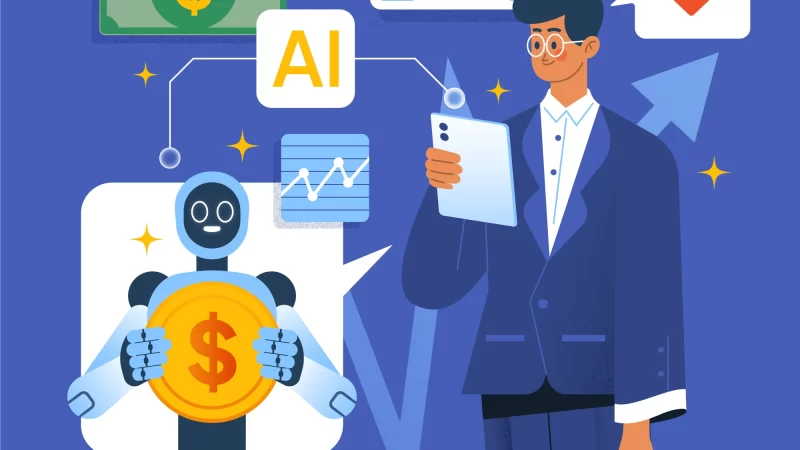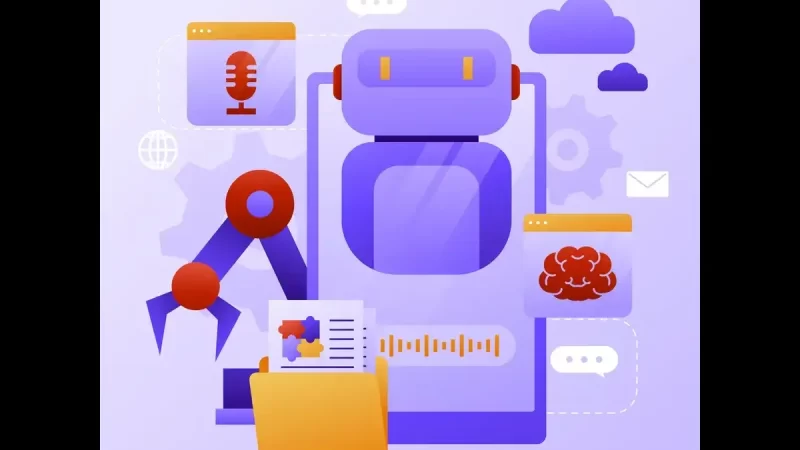Is ChatGPT Right for Your Legal Website? 5 Reasons to Reconsider

In the fast-evolving landscape of digital content creation, ChatGPT has emerged as a powerful tool, offering automation and efficiency. However, when it comes to the specialized realm of legal website content, there are crucial considerations that warrant a second thought. Here are five reasons why you might want to reconsider using ChatGPT for your legal website.
1. Complex Legal Language
Legal content is characterized by its intricate terminology and precise language. Legal professionals and clients rely on accurate and clear communication to understand complex concepts. ChatGPT, while proficient, may struggle to consistently produce the level of precision demanded by legal documentation. The risk of misinterpretation or confusion is substantial, potentially undermining the credibility of your legal website.
2. Legal Accuracy and Compliance
Legal content must be meticulously accurate and adhere to the latest regulations and laws. ChatGPT lacks the contextual understanding of current legal standards, potentially leading to inaccuracies or outdated information. Relying solely on automated content generation can expose your legal website to liability risks, damaging your reputation and credibility.
3. Nuanced Legal Analysis
Legal matters often involve nuanced analysis of case law, statutes, and precedents. This demands a deep understanding of the legal context, which ChatGPT might not possess. The tool’s responses could lack the critical analysis required to address specific legal issues comprehensively. Visitors to your legal website expect insightful perspectives, not generic information.
4. Client Confidentiality and Data Security
Legal matters are inherently sensitive, involving confidential client information. Sharing such information with a machine learning model raises concerns about data security and privacy. Even with stringent security measures, the potential for data breaches or leaks exists, jeopardizing client trust and violating legal ethical standards.
5. Personalized Legal Advice
Legal matters are rarely one-size-fits-all. Clients visiting your legal website seek personalized advice tailored to their unique situations. While ChatGPT can provide general information, it cannot replace the depth of personalized counsel from a qualified legal professional. Relying solely on automation might lead clients down incorrect paths, resulting in unfavorable outcomes.
Key Takeaways
While ChatGPT offers convenience and automation in content creation, it falls short in the realm of legal website content. The intricacies of legal language, the demand for accuracy, nuanced analysis, confidentiality, and personalized advice make legal content a domain that requires the expertise of human legal professionals.
As you contemplate the use of ChatGPT for your legal website, remember that a successful online legal presence hinges on the trust and confidence of your clients. Striking the right balance between automation and expert human input is key. Consider utilizing ChatGPT for non-legal content while relying on experienced legal professionals to craft accurate, compliant, and nuanced legal content that truly serves your clients’ needs.
In a world where information shapes decisions, the integrity of your legal website’s content cannot be compromised. Choose wisely and ensure that your legal website remains a beacon of trust and reliability in the complex realm of law.
FAQs:
No, ChatGPT cannot replace human legal professionals. While it can assist with generating content, legal matters involve complex nuances, accuracy, and context that require the expertise of trained legal experts.
ChatGPT’s accuracy in generating legal content can vary. It may not consistently provide the level of precision required for legal documentation, potentially leading to misinterpretation or confusion.
ChatGPT might not have access to the latest legal standards, regulations, and case law. Relying solely on automated content could result in outdated information, which can be detrimental for legal websites.
Yes, there’s a risk of legal liability. Automated content generation can lead to inaccuracies, which may expose your legal website to liability risks and damage your reputation.
ChatGPT might not possess the deep understanding of legal nuances required for comprehensive legal analysis. Visitors to your legal website expect insightful perspectives that only qualified legal professionals can provide.







